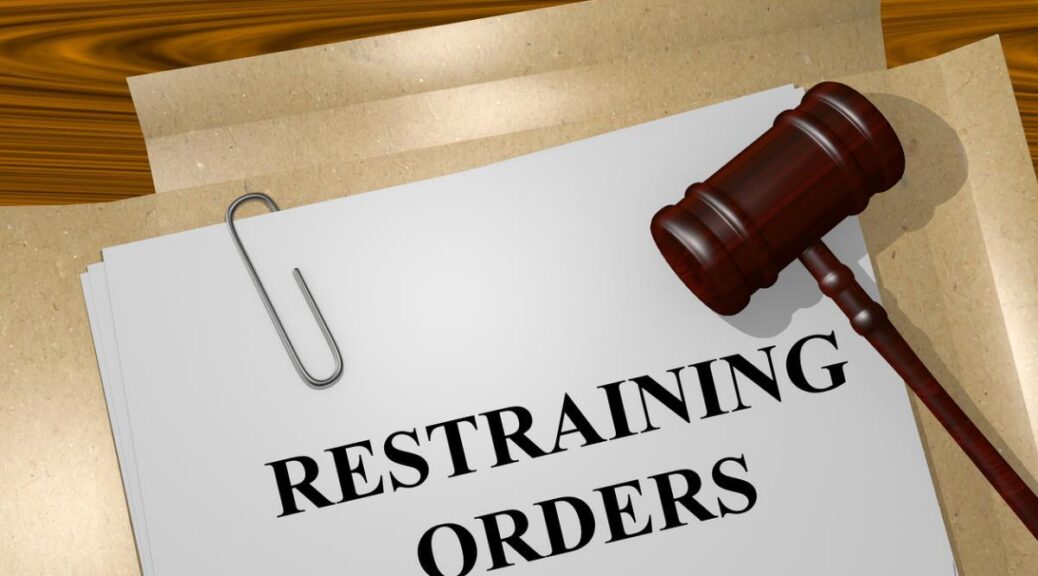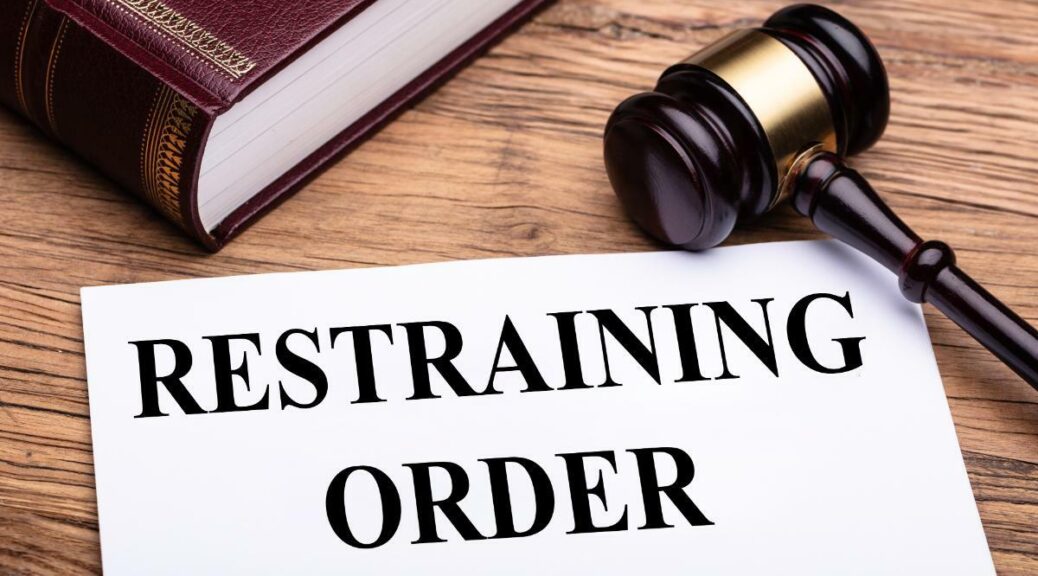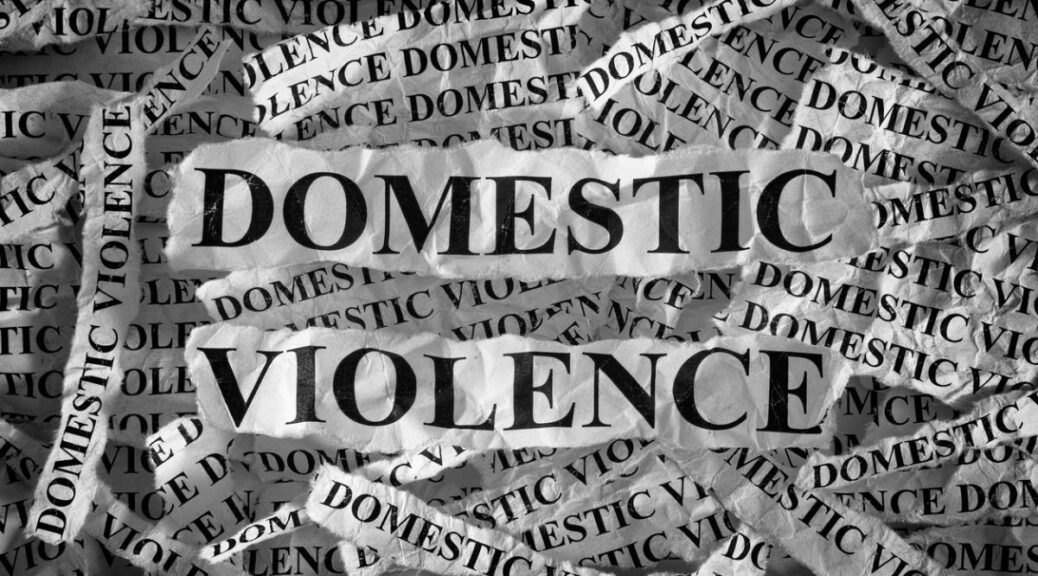California’s commitment to protecting domestic violence survivors remains strong as we move through 2026. While there hasn’t been a major legislative overhaul this year, the state continues to refine and strengthen restraining order laws to serve victims better and hold abusers accountable. Recent changes that took effect in late 2025 are now being implemented across California courts, bringing important updates that affect how restraining orders work and how survivors are supported in the workplace and legal system.
Key Recent Changes Affecting 2026
The most significant recent development is Assembly Bill 406, which became effective in late 2025. This legislation establishes workplace violence leave, requiring California employers to provide job-protected time off for employees who are victims of violence or abuse. This groundbreaking law recognizes that domestic violence doesn’t stop affecting victims when they arrive at work and that survivors often need time to seek restraining orders, attend court hearings, relocate to safe housing, or address other safety concerns.
Under AB 406, eligible employees may take time off to obtain restraining orders or other court orders, seek medical attention for injuries, obtain services from domestic violence programs, participate in safety planning, or seek legal assistance. This law represents a crucial shift in how California supports domestic violence survivors, acknowledging that maintaining employment while escaping abuse is essential for long-term safety and independence.
Enhanced Flexibility in Domestic Violence Restraining Orders
California has also implemented ongoing modifications to the Domestic Violence Restraining Order process that give victims greater flexibility and control. One significant change allows victims to request modifications to restraining order terms mid-order without waiting for expiration or renewal. This means if your circumstances change or you need additional protections, you can petition the court to adjust the order’s terms.
For example, if the restrained person violates the order by attempting contact at your workplace, you can request that the court add your workplace to the protected locations. If you relocate or your children change schools, you can modify the order to reflect these new addresses that require protection. This flexibility recognizes that domestic violence situations are dynamic and that protection orders must adapt to changing circumstances.
Streamlined Renewal Processes
The renewal process for domestic violence restraining orders has also been refined to serve victims better. California law now provides clearer procedures for extending restraining orders, with increased focus on victim safety rather than requiring victims to prove an ongoing threat each time they seek renewal. Courts are taking a more victim-centered approach, recognizing that the risk of violence often persists long after the initial order is granted.
Permanent restraining orders (which, despite the name, typically last three to five years) can now be renewed more efficiently if there’s any reasonable apprehension of future abuse. This reduces the burden on survivors who previously had to repeatedly relive traumatic experiences to justify continued protection.
Clearer Employer Roles and Responsibilities
Beyond AB 406’s leave provisions, California has clarified employer responsibilities in supporting employees who are domestic violence survivors. Employers now have more explicit guidance on handling situations in which a restrained person attempts to contact an employee at work, implementing workplace safety measures for protected employees, and responding to restraining orders that include the workplace as a protected location.
These clarifications help create safer work environments for survivors and provide employers with the tools and knowledge they need to support their employees effectively while maintaining workplace safety for everyone.
Types of Restraining Orders in California
California offers several types of restraining orders, each designed for specific situations.
- Domestic Violence Restraining Orders protect individuals from abuse by current or former intimate partners, spouses, dating partners, or close family members.
- Civil Harassment Restraining Orders address harassment, stalking, or threats by neighbors, roommates, or acquaintances who don’t qualify under domestic violence provisions.
- Workplace Violence Restraining Orders can be requested by employers on behalf of employees facing credible threats of violence at work.
- Elder or Dependent Adult Abuse Restraining Orders protect vulnerable adults from abuse or neglect.
Understanding which type of order applies to your situation is crucial for obtaining appropriate protection.
The Importance of Experienced Legal Representation
Navigating California’s restraining order system, especially with recent legal changes, requires specialized knowledge and experience. Domestic violence cases are among the most sensitive and complex matters in family law, involving immediate safety concerns, emotional trauma, and often intertwined issues of child custody, property division, and financial support.
Judy L. Burger is a Certified California Family Law Specialist, a distinction held by only ten percent of family law attorneys in the state. This certification, granted by the State Bar of California Board of Legal Specialization, demonstrates extensive experience handling complex family law matters, including domestic violence cases and restraining orders.
With decades of experience representing domestic violence survivors throughout California, Judy Burger understands the nuances of restraining order law and how recent changes affect your case. She knows how to present compelling evidence to the court, how to leverage new provisions like mid-order modifications to enhance your protection, and how to coordinate restraining orders with other family law matters such as divorce and custody proceedings.
Her experience includes working with law enforcement, victim advocates, and other professionals to create comprehensive safety plans for clients. She understands that obtaining a restraining order is often just the first step in a longer journey toward safety and stability, and she provides the ongoing legal support survivors need.
Taking Action to Protect Yourself
If you’re experiencing domestic violence, stalking, harassment, or threats, don’t wait to seek help. California’s strengthened restraining order laws provide more robust protections than ever before, and recent changes make it easier for survivors to obtain and maintain the protection they need.
Remember that restraining orders serve multiple purposes: they legally prohibit the abuser from contacting or coming near you, they provide law enforcement with clear authority to arrest violators, they can address custody and visitation issues to protect your children, and they establish a legal record of abuse that can be important in future proceedings.
Frequently Asked Questions About Domestic Violence and Restraining Orders
Q: How quickly can I get a restraining order in California?
A: California offers emergency protective orders that law enforcement can request on your behalf immediately, valid for up to seven days. You can also request a temporary restraining order (TRO) by filing paperwork with the court, which can be granted the same day without the abuser being present. The TRO remains in effect until your full hearing, typically scheduled within 21 days, where the judge decides whether to issue a long-term restraining order.
Q: What happens if the restrained person violates the order?
A: Violating a restraining order is a criminal offense in California. If the restrained person contacts you, comes near you, or otherwise violates the order’s terms, you should immediately call law enforcement. Police can arrest the violator, and they may face criminal charges, including fines and jail time. Keep detailed records of all violations, including dates, times, and any evidence such as text messages, emails, or voicemails.
Q: Can I get a restraining order if we have children together?
A: Yes, and the restraining order can include provisions addressing child custody and visitation. The court can order supervised visitation or exchange arrangements that keep you safe while allowing the restrained person appropriate contact with the children. California courts prioritize child safety and recognize that domestic violence affects children even when they’re not direct victims.
Q: Will getting a restraining order affect my divorce or custody case?
A: A restraining order can significantly impact divorce and custody proceedings. Evidence of domestic violence is highly relevant in custody determinations, as California law presumes it’s detrimental to children’s best interests to award custody to a parent who has perpetrated domestic violence. The restraining order can also affect property division, spousal support, and attorney’s fees. This is why having an attorney who handles both restraining orders and family law matters is crucial.
Q: Do I need a lawyer to get a restraining order?
A: While you can file for a restraining order without an attorney, having experienced legal representation significantly improves your chances of success and ensures your order includes all necessary protections. An attorney can help you present compelling evidence, properly complete complex forms, prepare you for the hearing, address related family law issues comprehensively, and modify or enforce the order if needed. Given the serious safety implications and legal complexity, especially with recent changes in the law, professional legal assistance is strongly recommended.
Get the Experienced Help You Deserve
Domestic violence situations require immediate, knowledgeable legal intervention. Don’t face this challenging time alone or try to navigate California’s complex restraining order system without experienced guidance. Your safety and your children’s safety are too important to risk.
Contact The Law Offices of Judy L. Burger today for a confidential consultation. We understand the urgency of domestic violence situations and are committed to helping you obtain the protection you need. Call our offices or visit our website to speak with our team. You don’t have to face this alone—expert legal help is available, and taking that first step toward safety starts with a phone call.











